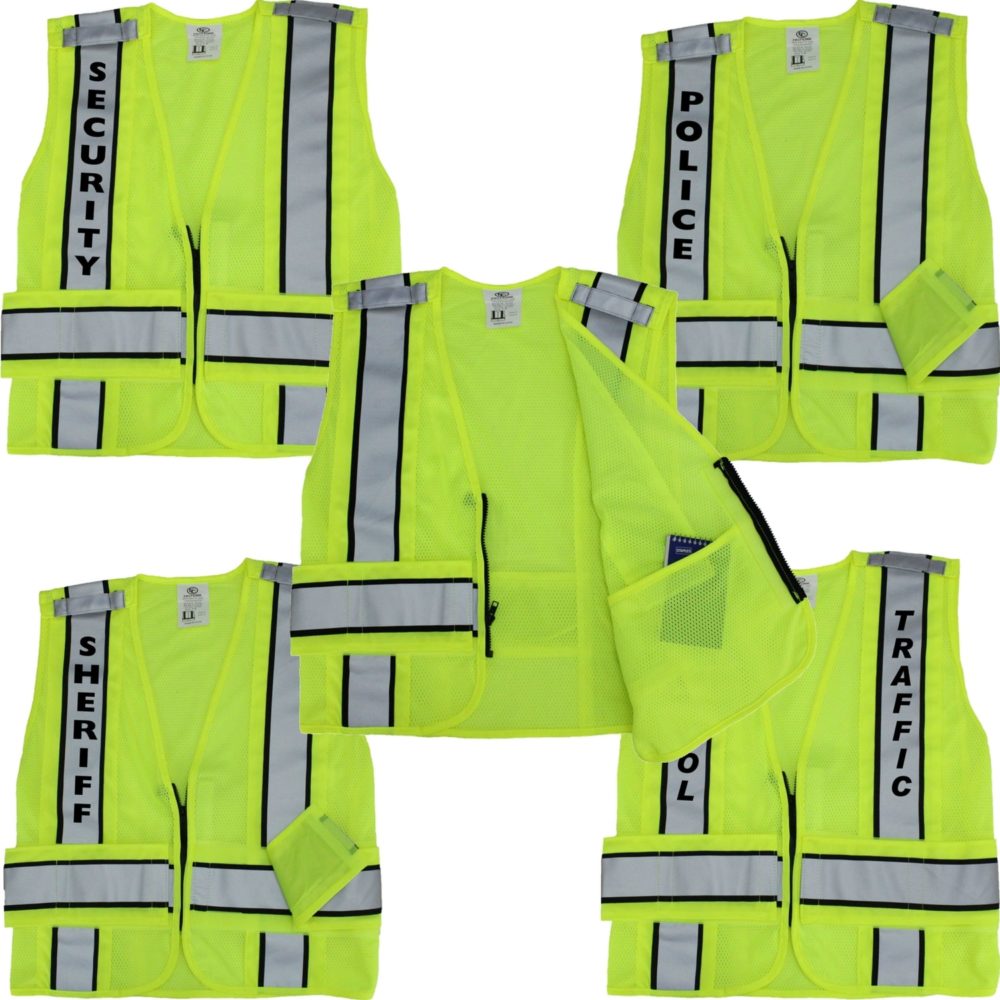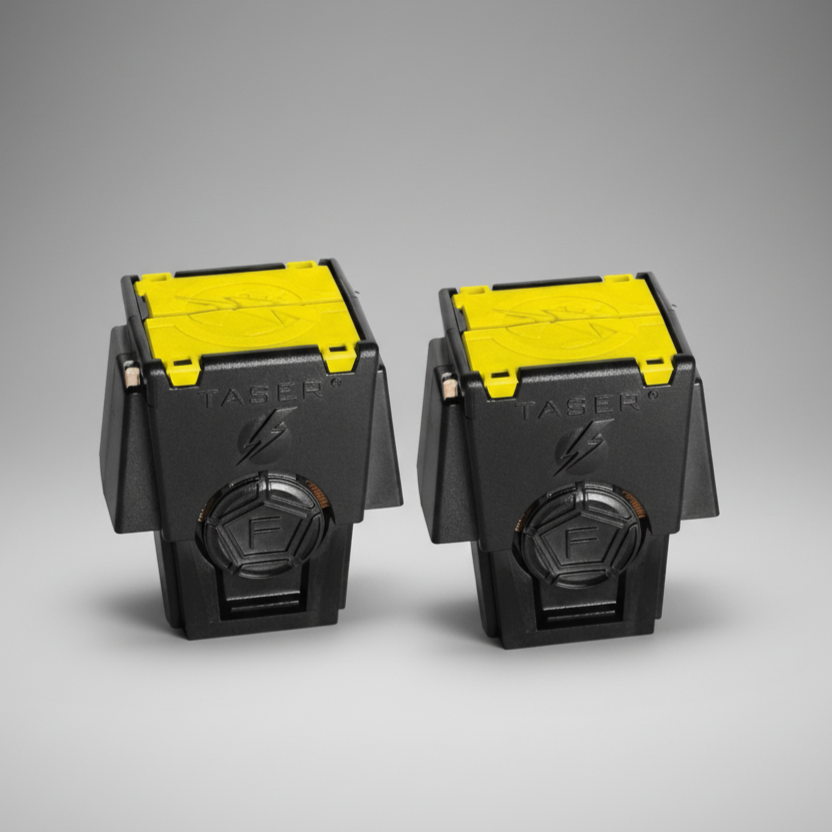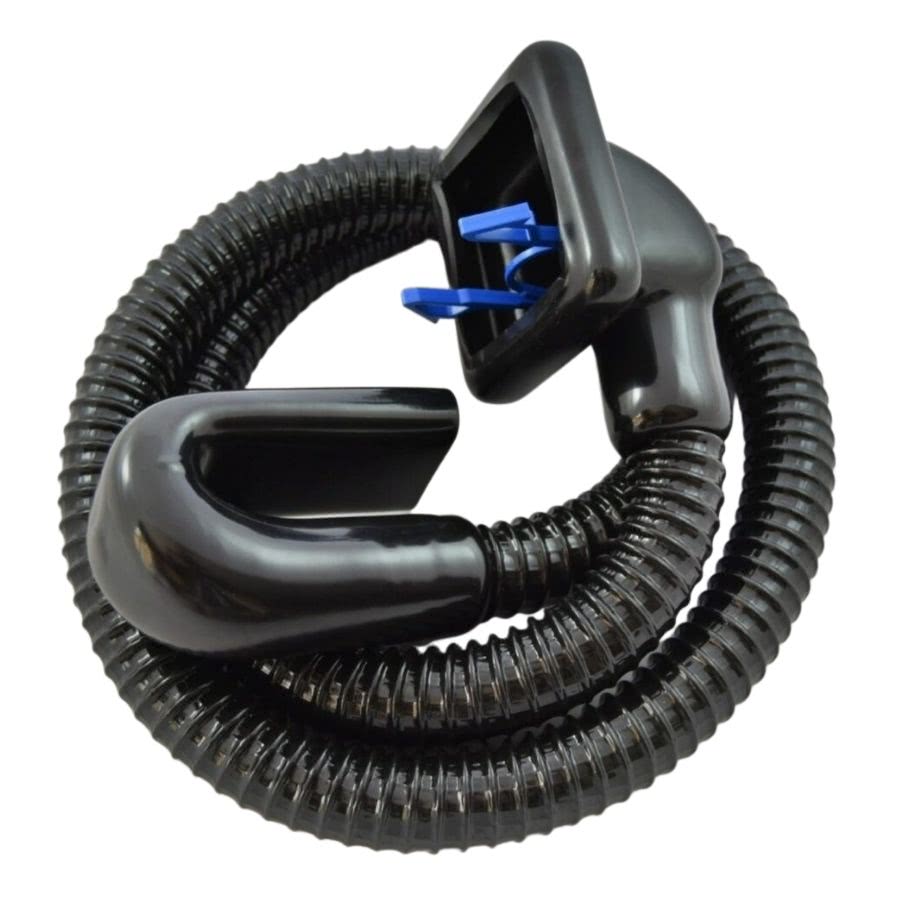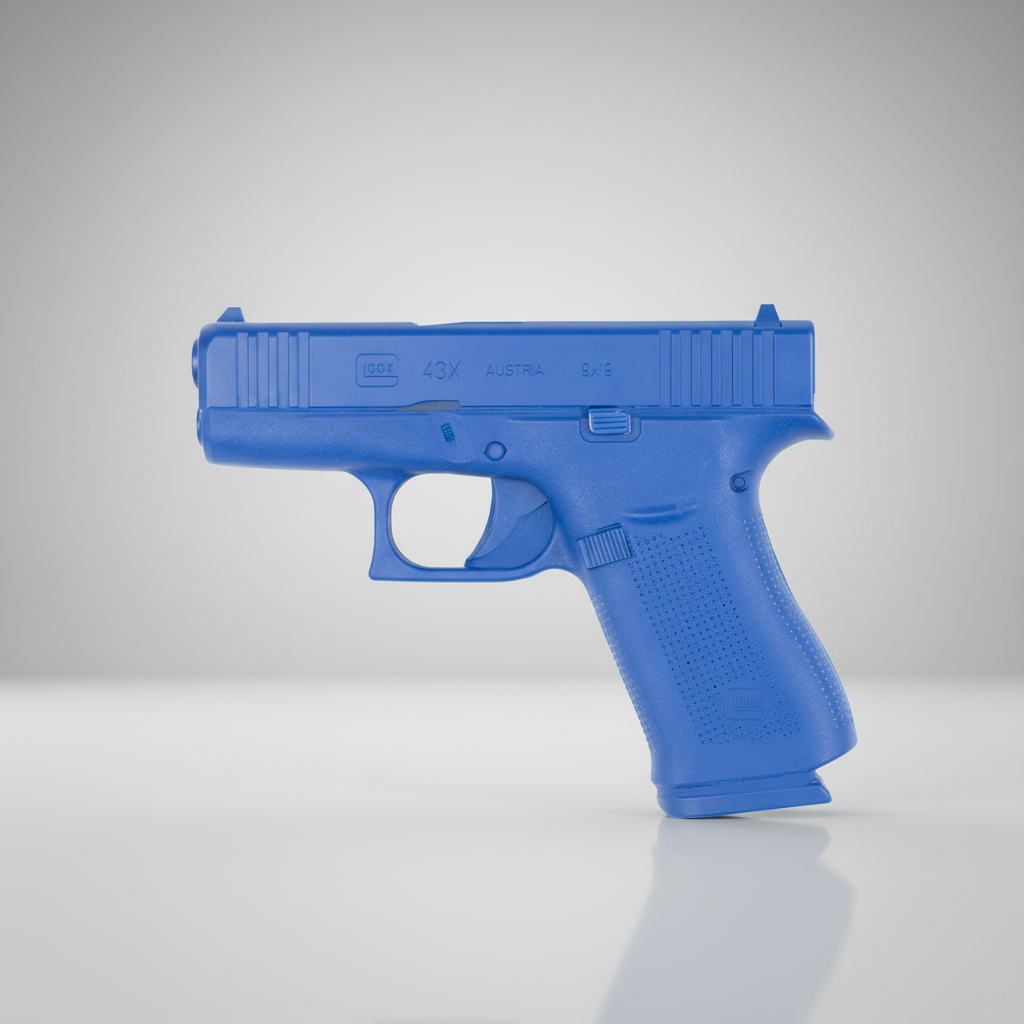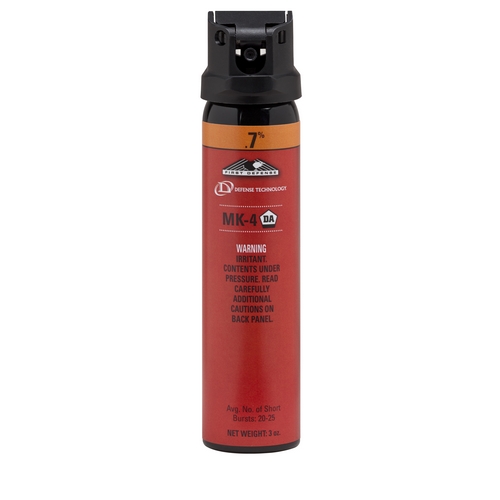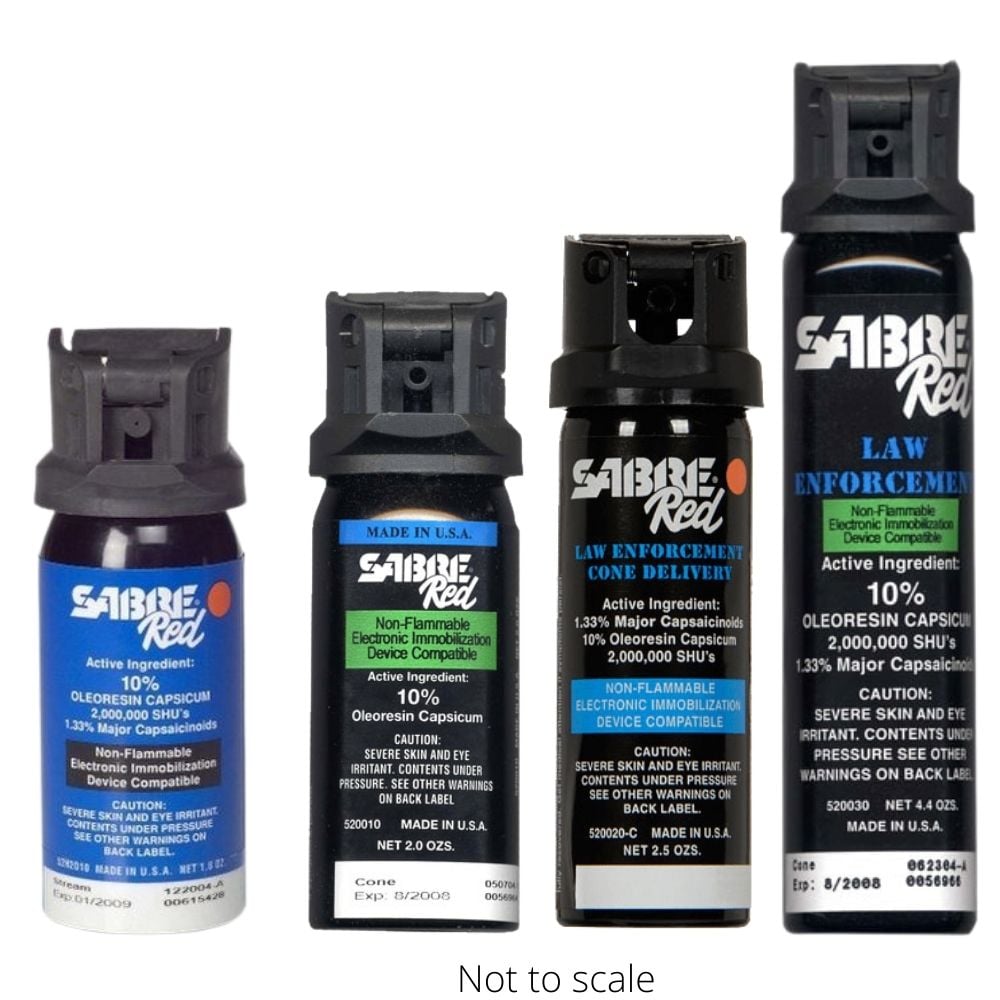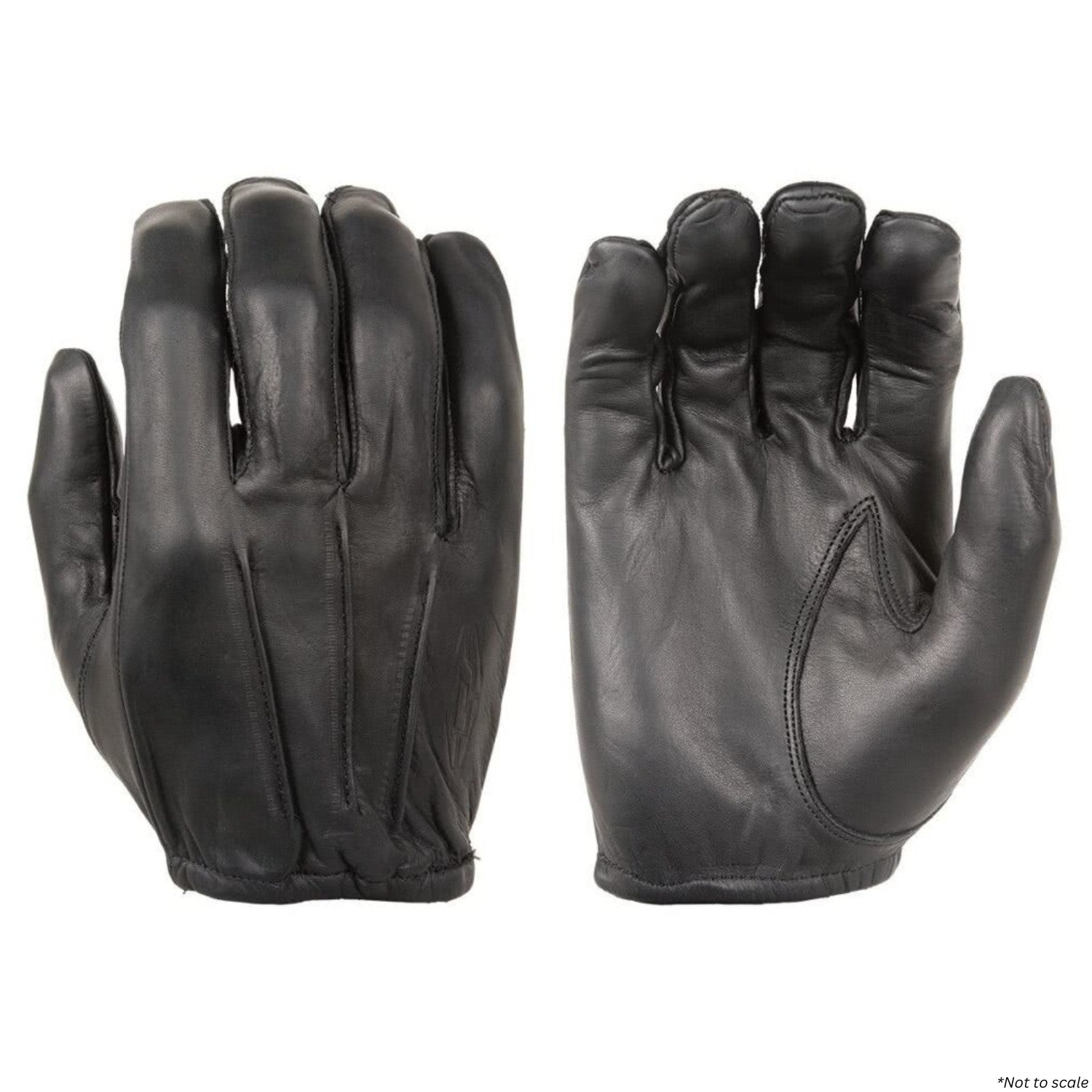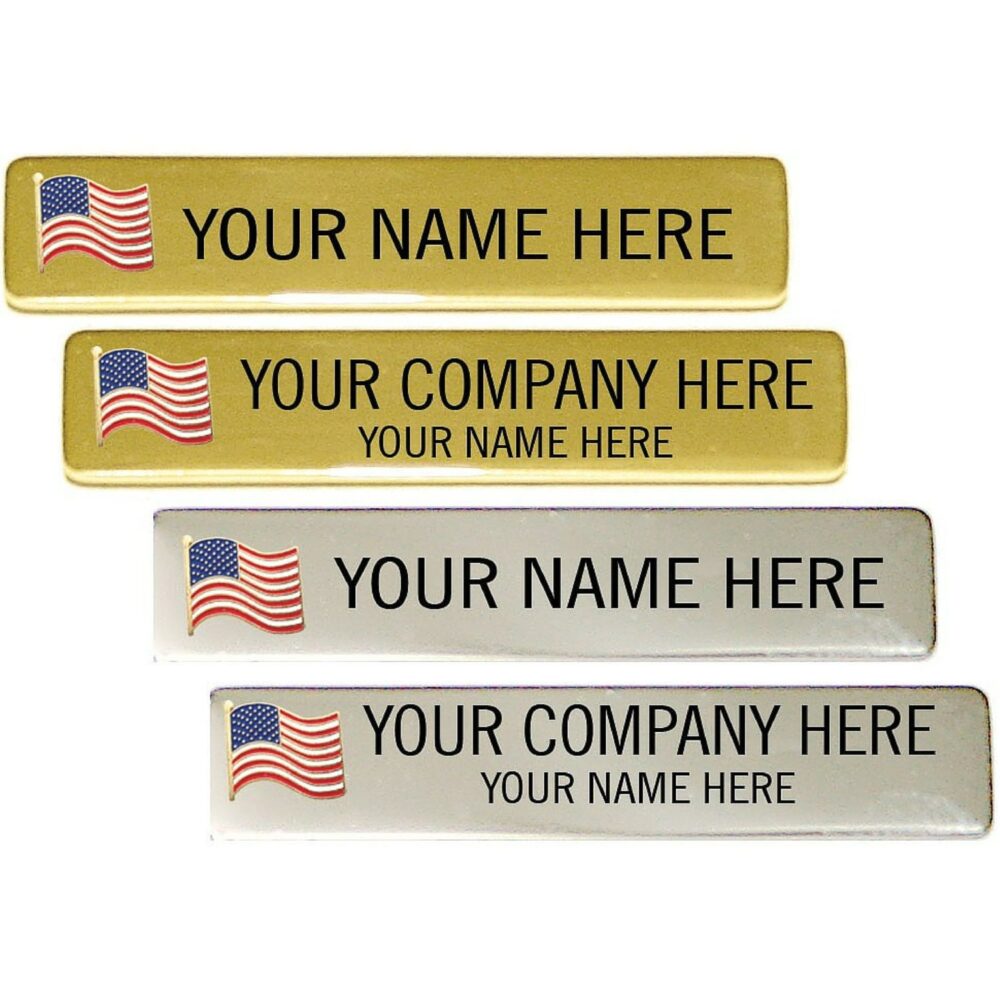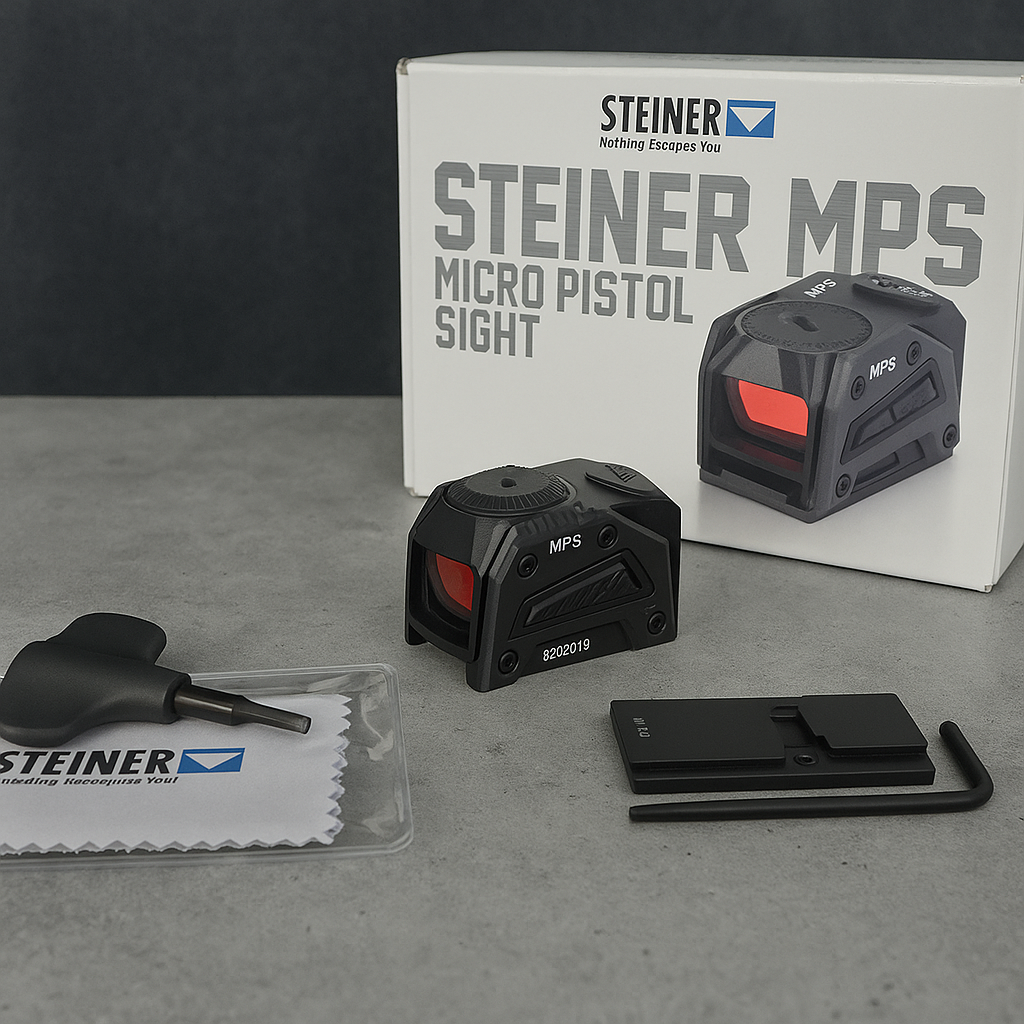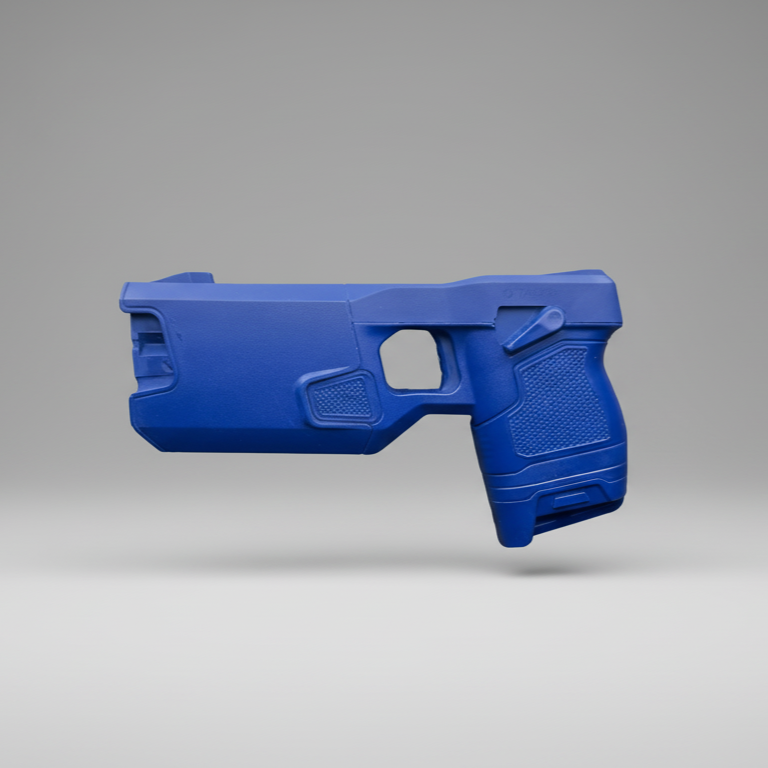
Behind the Badge: Unveiling Cutting-Edge Police Gear and Apparel
As a law enforcement officer, keeping up with the latest advancements in police uniforms and equipment is crucial to ensuring both your safety and effectiveness on the job. In recent years, significant strides have been made in developing uniforms that not only offer increased durability, but also enhanced comfort, making your day-to-day tasks more manageable.
One noteworthy innovation is the introduction of the Next Level Uniform, which addresses the common issue of heavy duty belts weighing you down. This uniform features Zero-G plates – a unique carbon fiber load bearing system that integrates seamlessly with your existing duty belt.
Additionally, modern advancements in law enforcement equipment are aimed at preserving the proud traditions of the profession while adapting to the evolving demands of daily police work. With this in mind, you can trust that these innovations are designed to optimize your performance and enable you to carry out your duties with pride.
Evolution of Police Uniforms
Historical Significance
Police uniforms have always played a crucial role in law enforcement, signifying authority and serving as a visual representation of the department. The traditional design typically included elements such as a badge or star to distinguish officers from the general public. These uniforms not only helped establish a sense of unity among officers but also fostered public trust and confidence in law enforcement agencies.
The development of police uniforms can be traced back to the early days of policing in America, where policemen wore civilian clothes with a simple star or badge attached. Over the years, the design evolved to include more military-like regalia, reflecting the growing professionalism of the police force.
Modern Design
Today's police uniforms maintain their historical significance while adapting to the ever-changing needs of law enforcement. Uniforms now come in a variety of styles and colors, allowing officers to serve various functions while remaining easily identifiable to the community. Modern designs incorporate practical and functional elements, such as cargo pockets, reinforced knees, and breathable fabrics, to enhance officer comfort and performance during their everyday duties.
The appearance of a police uniform also plays a crucial role in community relations. By wearing a professional and well-kept uniform, officers convey a sense of authority and trustworthiness, promoting a positive relationship between the police and the public.
Material Enhancements
Recent advancements in textile technology have led to significant improvements in the materials used to create police uniforms. These enhancements provide increased durability, flexibility, and comfort for officers while still maintaining a professional appearance.
For example, Flex-Tac fabric is a proprietary material that offers both flexibility and durability, preventing tears and rips while stretching as needed when officers are in motion. This ensures that police uniforms remain functional, comfortable, and professional throughout an officer's shift.
In summary, the evolution of police uniforms has come a long way since the early days of law enforcement. Incorporating historical elements, modern design features, and advanced materials, today's uniforms provide officers with not only a professional appearance but also the functionality and comfort necessary to effectively serve their communities.
Advancements in Equipment and Technology
In recent years, advancements in equipment and technology have greatly improved the performance and safety of law enforcement officers on patrol. As a first responder, it's essential to stay up-to-date with the latest gear that can help you do your job more effectively and efficiently. In this section, we will discuss some key upgrades and innovations within the industry.
Duty Belt Upgrades
Your duty belt is a vital part of your everyday uniform, carrying essential tools and devices for your job. Modern duty belts provide increased comfort and functionality, with features such as ergonomic designs, lightweight materials, and well-organized compartments. These improvements help reduce strain on your back and hips, allowing you to stay focused on the task at hand.
5.11 Tactical Gear
5.11 Tactical Gear is designed with performance and durability in mind, offering a wide range of products specifically tailored for law enforcement officers. Stay prepared with high-quality footwear, tactical clothing, and purpose-built accessories designed to withstand the most demanding situations. See our 5.11 Tactical offering here
Elbeco Uniform Apparel
As a professional, your appearance plays a vital role in public perception and trust. Elbeco offers a range of uniform apparel that combines style, comfort, and durability. With options for both men and women, Elbeco's line of products ensures that you can maintain a professional appearance while still enjoying superior functionality. See our Elbeco offerings here
Tru-Spec Tactical Apparel
Tru-Spec Tactical Apparel is widely recognized for its quality and reliability within the law enforcement community. Offering a variety of clothing options and gear designed for various weather conditions, Tru-Spec helps you stay comfortable and focused during your day-to-day patrol responsibilities. See our Tru-Spec Tactical offerings here
Communication and Tech Devices
With the growing reliance on technology in policing, state-of-the-art communication devices and tech tools have become essential for effective collaboration and public safety. Be prepared for any situation with GPS devices, body cameras, and advanced surveillance systems. These tools enable real-time communication among officers and agencies while also providing valuable evidence when needed.
Keep your knowledge and equipment up-to-date to ensure optimal performance in your role as a law enforcement officer. With these advancements in technology and gear, you can remain confident and effective in your commitment to public safety.
The Importance of Police Badges
Police badges hold significant importance in the law enforcement community. They represent authority and are a symbol of an officer's commitment to serve and protect society. When you see a police badge, it fosters a sense of trust and responsibility between the officer and the public, symbolizing that the individual has undergone the necessary training and has the authority to enforce the law.
The badge is a vital component of an officer's uniform, presented to them upon graduating the police academy and during promotions. For officers, earning the badge is a moment of pride, signifying their dedication to civic duty. Officers aren't the only professionals who value their badges; firefighters and emergency service providers also wear badges with great pride, as they too play crucial roles in public safety.
Traditionally, police badges are made from metal, a durable and long-lasting material that can withstand the rigors of daily patrol duties. Police badges come in various shapes and sizes, with many incorporating the department's emblem or a symbol representing the officer's jurisdiction. The badge usually displays the officer's rank and identification number, making it easy for the public to identify the wearer as a law enforcement official.
As a member of the public, when you encounter a law enforcement officer wearing a police badge, you can feel confident that they have the knowledge and training to handle any situation. The police badge serves as a constant reminder for officers to uphold their oaths and adhere to the high standards set by their respective departments and communities.
Advancements in police uniforms and equipment continue to enhance the functionality of the badge while ensuring that this essential symbol of authority and responsibility remains a respected part of every officer's uniform.
See our stock badges here
See our custom badge from Smith and Warren here
Comfort and Performance in Uniforms
In recent years, there have been significant advancements in police uniforms, with manufacturers focusing on providing you with greater comfort and improved performance. One such example is 5.11 Tactical, a brand known for its dedication to creating products that enhance your efficiency on the job.
One of the key factors ensuring comfort in modern police uniforms is the use of high-quality materials. Breathable, moisture-wicking, and quick-drying fabrics are now used to keep you comfortable during long shifts, regardless of weather conditions. Additionally, these materials are designed to be durable, providing you with better value for your investment in uniforms.
When it comes to performance, new uniforms have been designed with the specific needs of law enforcement officers in mind. They often feature utility pockets and compartments for your equipment and tools, allowing you to easily access them when needed. Furthermore, these uniforms are made with flexible fabric that ensures freedom of movement, ensuring that you can adequately respond to any situation without feeling restricted.
Some uniforms also incorporate technologically advanced features, such as CFX badges, which are three-dimensional embellishments that can be added to your uniform while looking like a real badge. This innovation is not meant to replace traditional metal badges but serve as an alternative option for those who prefer a lighter and more comfortable alternative.
In summary, advancements in materials, design, and technology have led to a new generation of police uniforms offering improved comfort and performance. These uniforms allow you to focus on your duties without worrying about discomfort or functionality limitations while also presenting a professional appearance to the public.
Militarization of Police Uniforms
In recent years, the trend of militarization in police uniforms and equipment has become increasingly prevalent. This shift has been seen across various police departments in the United States, as they begin to resemble military units rather than traditional civilian peacekeepers. This militarization mindset can pose certain threats to the public image of law enforcement and the relationship between police and citizens.
The use of tactical gear, such as kevlar helmets, flak jackets, and assault rifles, has made police officers appear more prepared for combat situations rather than community policing. While these advancements in police uniforms and equipment can provide an improved sense of safety for officers, it's crucial to consider the potential impact on public perception and trust.
As you adapt to evolving technologies and equipment in law enforcement, it's essential to consider the balance between utility and maintaining a strong community rapport. While some situations may warrant the use of more advanced equipment, it's important not to rely solely on these military-style resources. Instead, look for ways to incorporate them in a manner that ensures both public safety and maintains traditional police values.
Incorporating the latest advancements in police uniforms and equipment can enhance your capabilities to protect and serve, but remember to strike a balance between the need for functionality and the role you play as a community peacekeeper. Maintaining this equilibrium will help ensure that the public retains confidence in your ability to enforce laws and protect citizens while preserving the values of community-based policing.
Training and Recruitment
When you're considering a career in law enforcement, be prepared for rigorous training and recruitment processes. Joining the police force is an endeavor that requires commitment, preparation, and a dedication to serving your community.
Your journey begins with applying to a department, such as a local police department or sheriff's office. Once accepted, you will attend a police academy, where the focus is on instilling the essential skills and knowledge necessary for a successful career in law enforcement. The police academy covers a wide range of topics, including driving techniques, emergency medical training (EMT), legal theories, and physical conditioning.
Throughout your time at the police academy, instructors emphasize the importance of teamwork, communication, and a strong work ethic. At the academy, you will also make lasting connections with fellow recruits, helping to foster a sense of camaraderie and family among law enforcement professionals. Remember, your peers today will be the officers alongside you in the field tomorrow.
Upon graduation from the police academy, your learning experience continues with a field training officer (FTO) program. During this phase, you will be paired with an experienced officer who will act as your mentor and supervisor. They will provide guidance and feedback as you apply the skills you learned in the academy to real-world situations. Pay close attention to your FTO's insights as they have invaluable experience that can aid in your development as an officer.
Recruitment and retention are critical aspects of maintaining a strong and effective police force. Departments are continually seeking new ways to attract and retain talented individuals, making it an ideal time to explore a career in law enforcement. Opportunities such as police cadet programs and community outreach initiatives help to showcase the rewards and challenges of this profession.
Ultimately, the path to a successful career in law enforcement begins with a strong foundation in training and recruitment. By dedicating yourself to the process, you are investing in not only your future but also the safety and well-being of the community you will serve.
Identity and Insignia
In the world of law enforcement, maintaining a professional appearance is vital to both instill confidence and convey authority. As part of this, the components of a police officer's uniform, such as name plates, patches, and insignia, play a crucial role in establishing their identity and fostering a sense of pride within the force.
Name plates serve a dual purpose: they allow the public to easily identify you and to create a sense of personal accountability within your role. Ensuring your name plate is clearly visible and securely fastened is essential in promoting a professional image.
Patches and insignia are not only a symbol of your affiliation with a particular police department or municipality, but also a testament to your commitment to upholding the law. Often, these elements can be customized to reflect the unique history or traditions of your department. As these symbols can carry particular weight, it's essential that you wear them with pride and maintain their visible condition.
Marks of rank and achievements may also adorn your uniform, showcasing your dedication towards your duty and career progression. These marks can include special pins or medals, acting as a reminder of your hard work and accomplishments.
With the advancement of uniform technology, you are now benefiting from more durable and resilient materials that are specifically designed for law enforcement purposes. These improvements provide a visually striking and polished appearance, ultimately adding to your look of professionalism.
Finally, it's essential to view your uniform as an integral part of your role as a police officer. By ensuring that each element is clean, well-maintained, and properly displayed, you are conveying a clear message of your commitment to the values and responsibilities associated with your profession. Always strive to maintain a polished and professional appearance, as it is a reflection of both you and the department you represent.
Public Perception and Relations
As you explore new advancements in police uniforms and equipment, it's important to consider how these changes may impact public perception and relations between the police and the community. In recent years, the relationship between the public and the police has been challenged, with incidents like the high-profile killings of several Black Americans by police, such as George Floyd and Breonna Taylor, gaining widespread attention in the media.
One factor influencing public perception is the adoption of military-style uniforms and equipment by some police departments. This change has led some to view the police as an increasingly militarized force, which can negatively impact the image of the police as a group of men and women who serve and protect their communities.
With these challenges in mind, it's essential to foster confidence in the police and rebuild trust within the community. Innovations in police uniforms and equipment have the potential to create a positive shift in public perception. For example, incorporating body-worn cameras onto uniforms can promote transparency and accountability, leading to increased confidence in the police.
Additionally, designing uniforms that prioritize comfort and functionality can help officers perform their duties more effectively, enhancing public safety and improving the community's perception of police efficacy. Moreover, uniforms that emphasize professionalism and approachability can encourage positive interactions between officers and the public, fostering mutual respect and open dialogue.
In summary, as you research new advancements in police uniforms and equipment, it's crucial to consider the potential impact on public perception and police-community relations. Balancing the need for modernization with the importance of fostering trust and confidence within the community should be at the forefront of your exploration.
Legal Aspects and Regulations
When it comes to police uniforms and equipment, there are several legal aspects and regulations that you should be aware of. In the United States, law enforcement agencies are regulated by the Department of Justice, which establishes and enforces rules to ensure proper and lawful use of uniforms, badges, and equipment.
One important regulation you should be aware of is that the manufacture, sale, design, or transfer of any regular police officer's badge is prohibited without the written authorization of the chief of police. This regulation ensures that only authorized personnel have access to official badges, reducing the risk of criminals or unauthorized individuals using a police badge for unlawful activities or impersonation.
Additionally, it's essential for you to understand the unlawful usage of these items could lead to consequences, such as fines, loss of employment, or even criminal charges. Thus, it's crucial that you follow all the necessary protocols when handling, purchasing, or maintaining your police uniforms and equipment.
When it comes to finances and the distribution of resources towards uniforms and equipment, law enforcement agencies must responsibly allocate their budget. This means carefully selecting items that provide the best quality for officers while avoiding unnecessary costs. The use of money with the intent to acquire unauthorized uniforms or equipment through improper channels can lead to corruption and hurt a department's credibility.
Moreover, respecting the legal boundaries and authority of your position as a law enforcement officer is crucial. While working in uniform or utilizing department-issued equipment, you are expected to act within your jurisdiction's laws, guidelines, and policies. By doing so, you maintain the integrity of your department and better protect your community.
In summary, staying informed about the legal aspects and regulations regarding police uniforms and equipment is an essential part of being a responsible law enforcement officer. By adhering to these guidelines, you can ensure that you are properly representing your department, upholding justice, and maintaining the public's trust.

